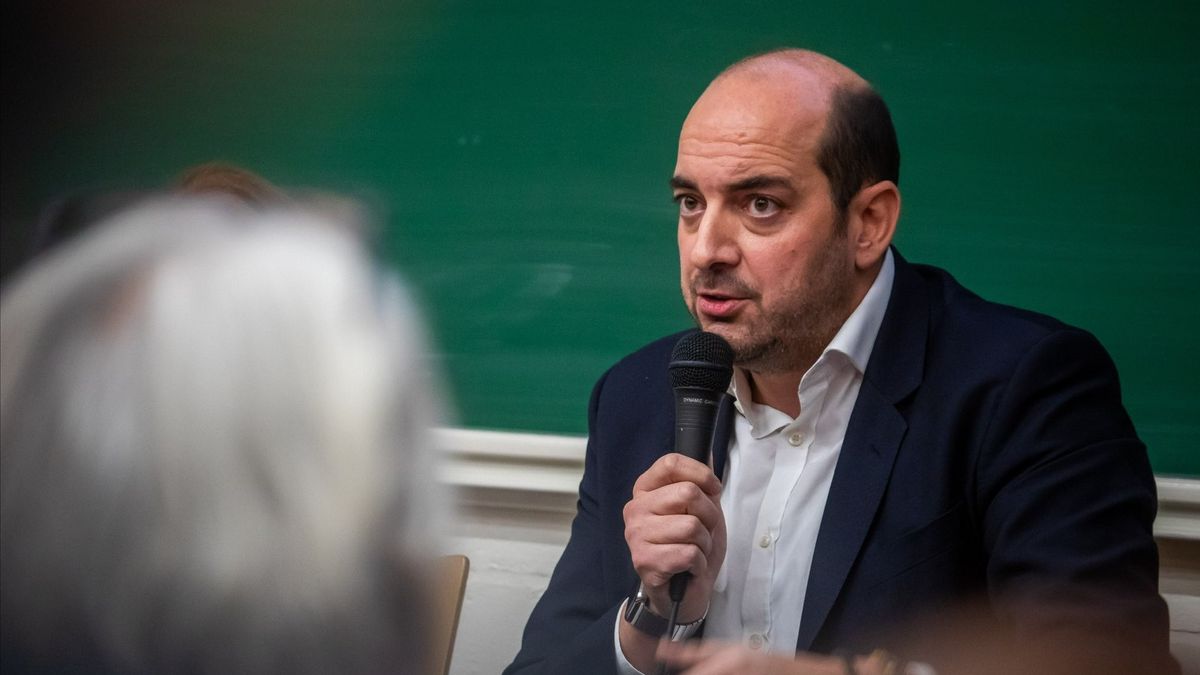JAKARTA - The Belgian government plans to accelerate the development of European blockchain infrastructure during its presidency of the European Union Council in early 2024.
The proposal aims to facilitate the safe storage of official documents such as driving licenses and property ownership certificates.
"The construction of a public blockchain for European infrastructure involving the entire EU is one of the four priorities of the incoming Belgian presidency," Mathieu Michel, Belgian Minister of State for Digitalization, told Science|Business on November 21. Three other initiatives will address the issues of artificial intelligence (AI), online anonymity and the skills required for the digital economy.
Michel suggested reviving the European Blockchain Services Infrastructure (EBSI) project, which was founded by the European Commission in 2018 in collaboration with the European Blockchain Partnership, which consists of the 27 EU member states plus Norway and Liechtenstein.
"This project is technical. If we want to build shared infrastructure, it has to be a European project and a political project," said Michel.
The updated EBSI will be named Europeum and be used for public administration tasks, such as verifying driving licenses and other documents across the EU. According to Michel, this project can also support the digital euro infrastructure.
اقرأ أيضا:
The official said it was important to use public blockchains developed by EU member states, rather than private alternatives.
"In terms of security, transparency and privacy, blockchain can give citizens control back over their data," said Michel.
Currently, Italy, Croatia, Poland, Portugal, Slovenia, Luxembourg and Romania have signed up for the Europeum plan. The project's headquarters will be in Belgium.
The regulatory consolidation process around crypto and blockchain is moving steadily. In early November, 47 national governments issued a joint commitment to “rapidly transpose” the Crypto-Asset Reporting Framework (CARF)—a new international standard on the automatic exchange of information between tax authorities—into their domestic legal systems.
The English, Chinese, Japanese, Arabic, and French versions are automatically generated by the AI. So there may still be inaccuracies in translating, please always see Indonesian as our main language. (system supported by DigitalSiber.id)















